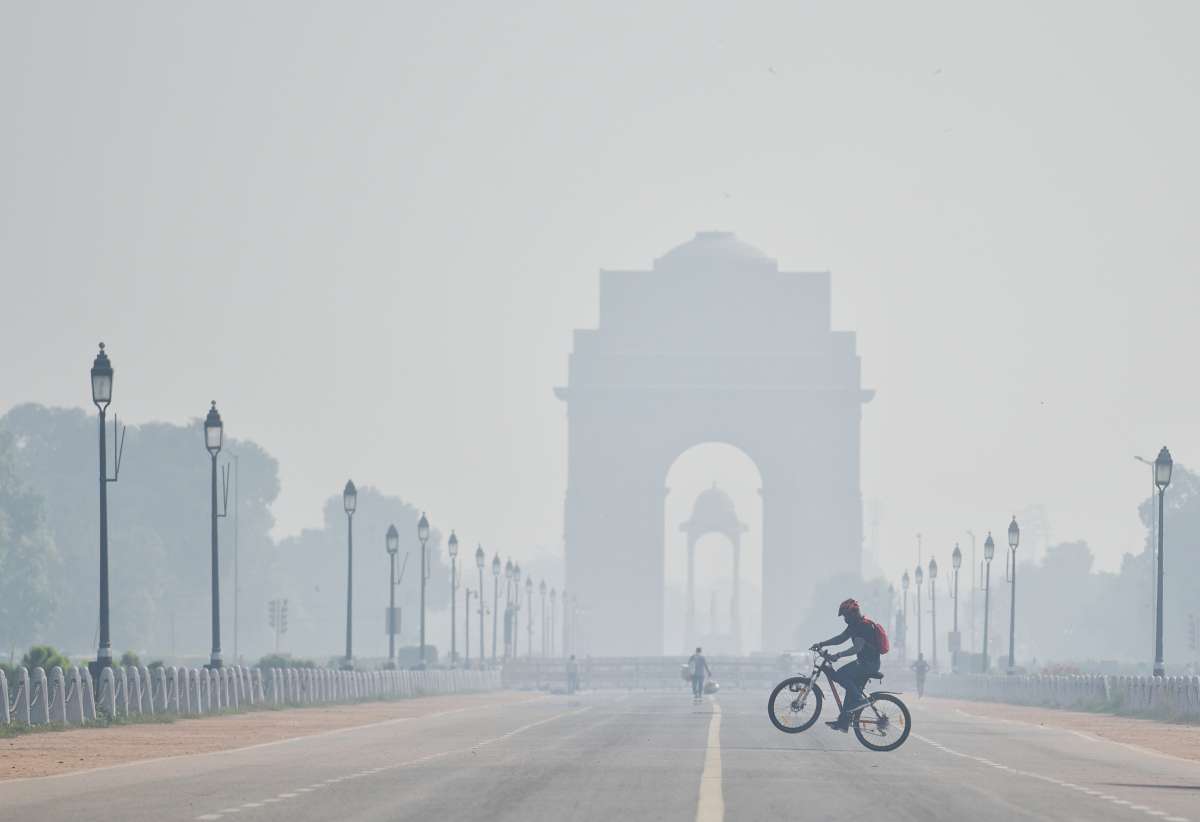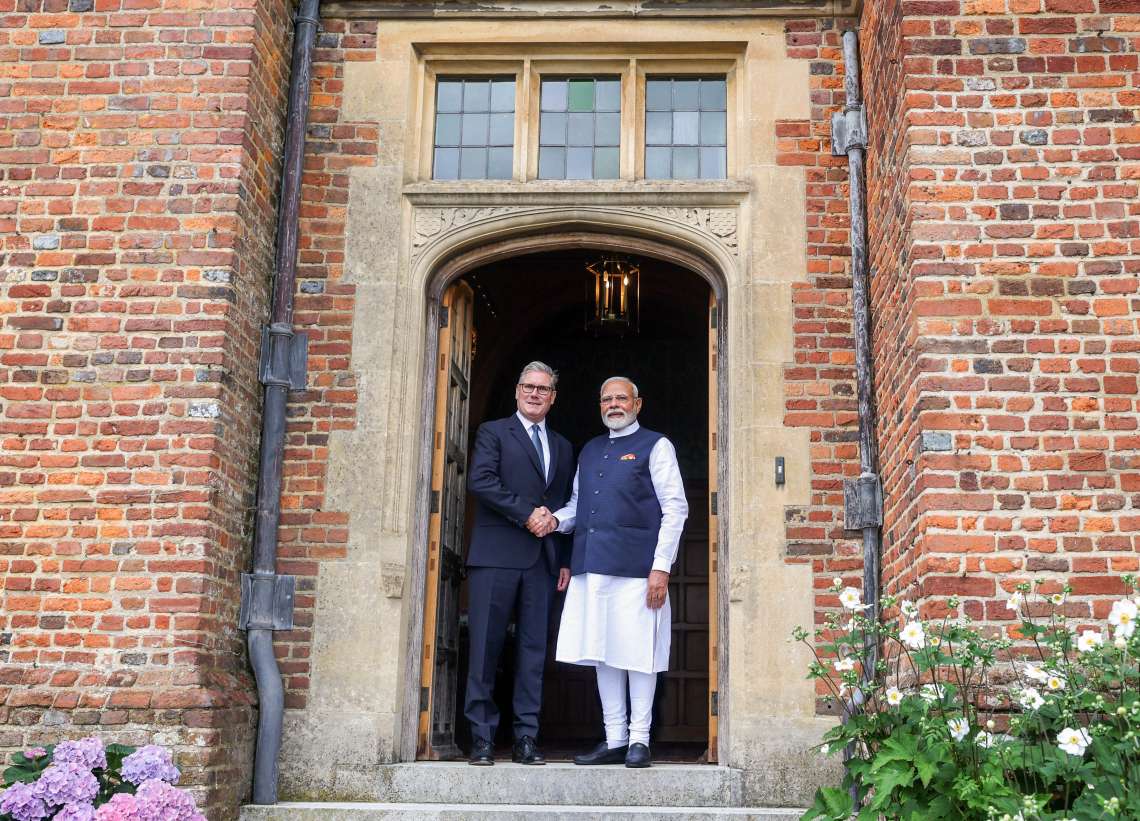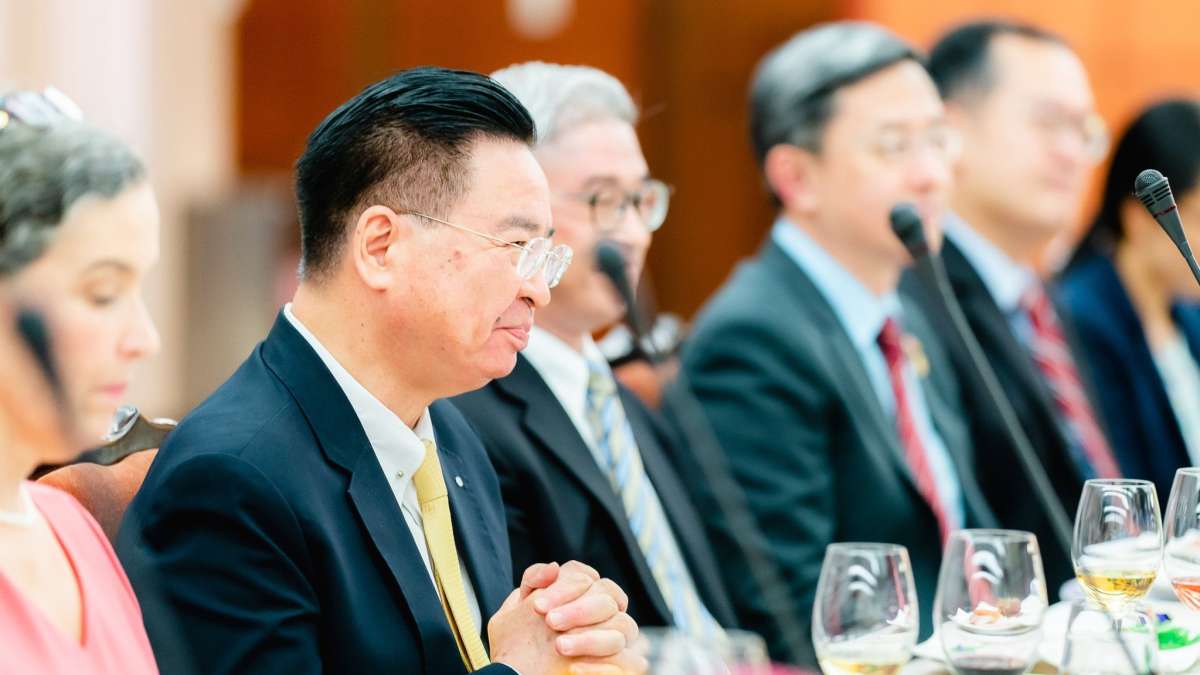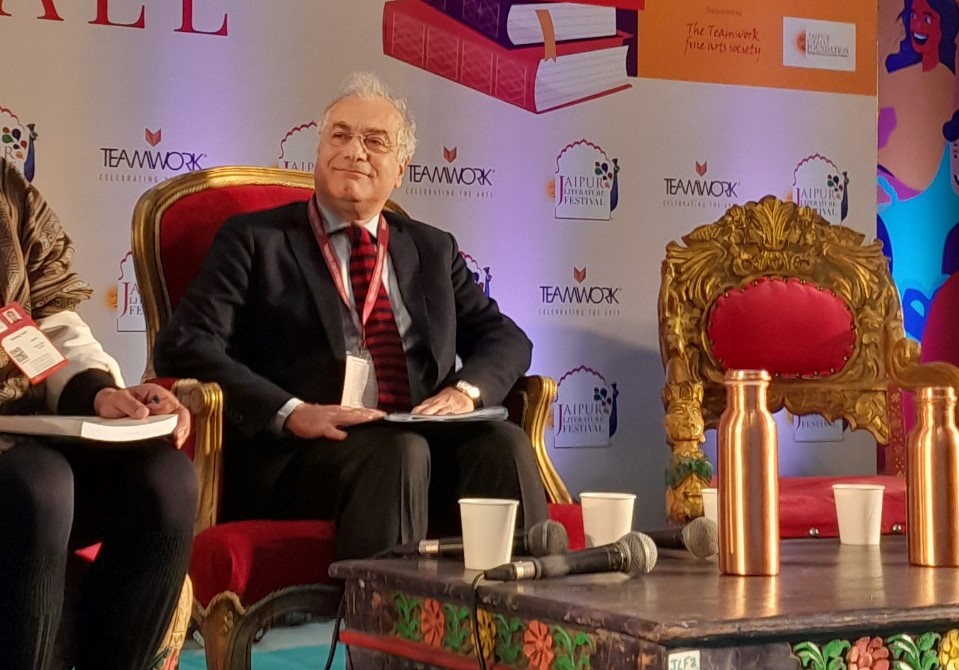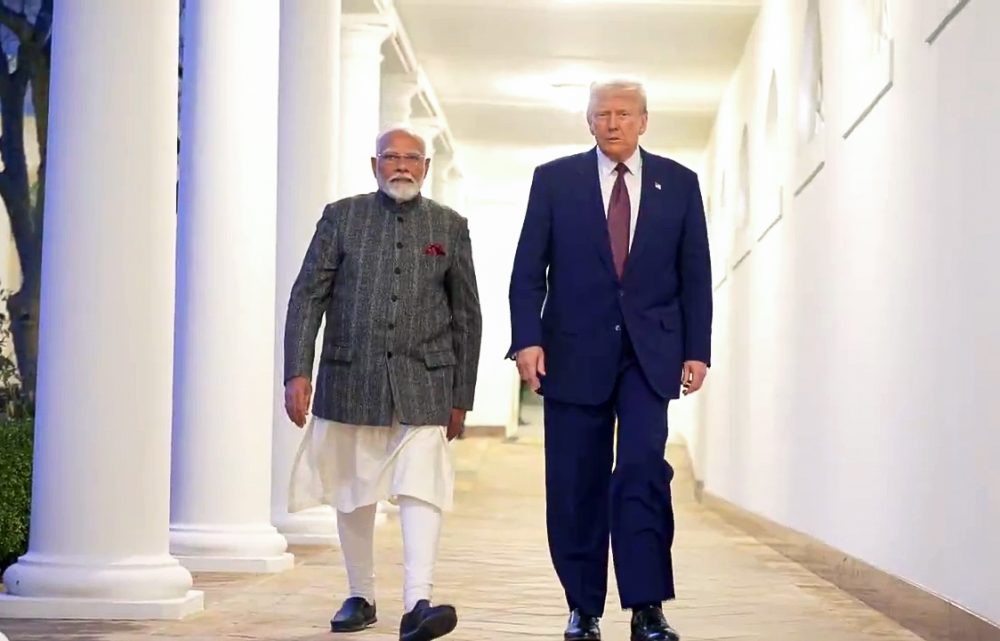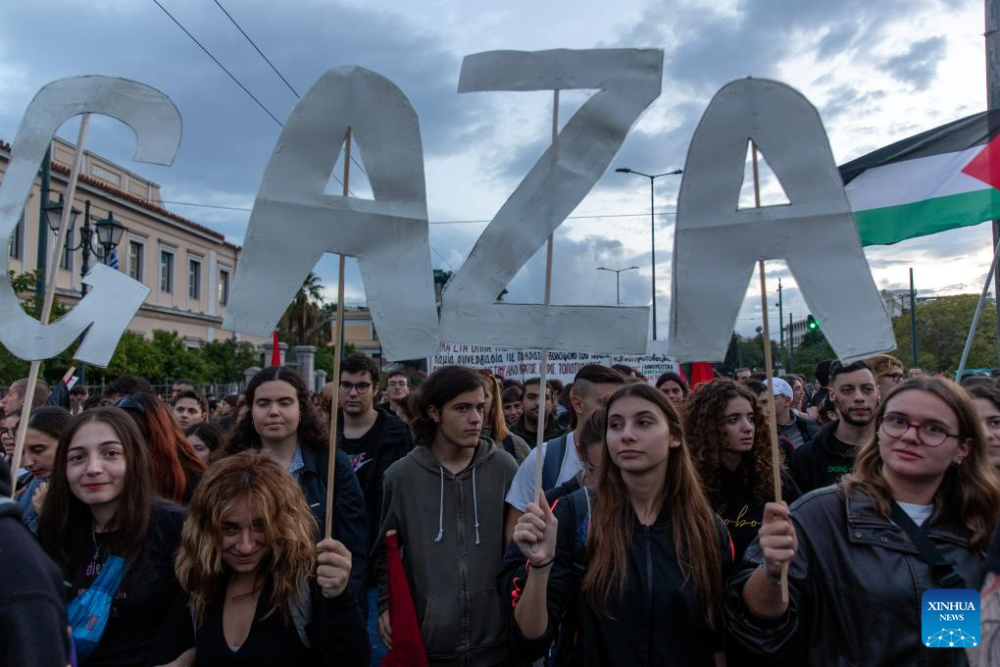India wants to use the clause of equivalence existing in Carbon Border Adjustment Mechanism to get the carbon taxes already embedded in the country’s taxation system recognised…reports Asian Lite News
European Union and India are set to begin a series of consultations on concerns regarding implementation of the Carbon Border Adjustment Mechanism (CBAM). The CBAM transitional phase starts in just two weeks and the discussion process, starting on Thursday through a video meeting, is aimed at reaching an understanding on issues such as possible equivalence of carbon credit trading systems, verification processes, compliances, and application of the ‘common but differentiated responsibilities’ principles.
“One of the first discussions that the EU is starting with a trading partner on CBAM is with India because of its status as a trusted partner, especially on account of the ongoing free trade agreement negotiations. It agreed that in CBAM there are teething issues which could be sorted out through discussions,” an official said.
The CBAM is a policy tool being used by the EU to put a “fair” price on carbon emitted during the production of certain items identified as carbon-intensive when they are imported into the bloc from non-EU countries. This will be in the form of higher import levies which will be applicable from January 2026. To begin with, it will apply on cement, iron and steel, aluminium, fertilisers, electricity and hydrogen.
In India, the hardest hit sectors could be iron & steel and aluminium, which may end up paying 20-35 per cent additional import levies, per a report by Delhi-based research body Global Trade Research Initiative.
“There is a lot of nervousness amidst exporters of iron & steel and aluminium on CBAM. The Indian government wants to bring its own systems in sync with that of the EU so that by 2026 the Indian industry is in a better position to meet the CBAM requirements,” the official said.
Commerce Department officials will participate in the talks with the EU officials.
India wants to use the clause of equivalence existing in CBAM to get the carbon taxes already embedded in the country’s taxation system recognised. “The EU’s equivalence clause could mean that if a country is already charging its industry some amount of carbon tax, such as India’s taxes on petroleum and coal, then that can be recognised while calculating the carbon tax on an exporter from that country,” the official said.
Additionally, with the Bureau of Energy Efficiency under the Ministry of Power coming up with its carbon credit trading system, a proposed system equivalence can be reached with the EU’s Emissions Trading System (ETS), the official said.
India also has concerns around data protection. “Under CBAM, a lot of information on products and processes will need to be shared. These would include sensitive information about business practices that can’t be revealed to third parties as it could hurt a company’s competitive advantage. India would need clarity on what be the integrity of data protection around CBAM,” the official said.
The CBAM’s transitional phase, which is starting from October 1, will only require traders to report the emissions embedded in their imports without paying any financial adjustment. The European Commission has already extended a helping hand to Indian exporters to make them understand the reporting regulations through six webinars, one each on the affected sectors.
In its discussion with the EU, India will also insist that the principles of common but differentiated responsibility (CBDR), which is also part of the Paris Agreement on climate change, be followed while calculating taxes under CBAM, the official added.
ALSO READ-Dubai Chamber Expands in Europe, Opens Paris Office


